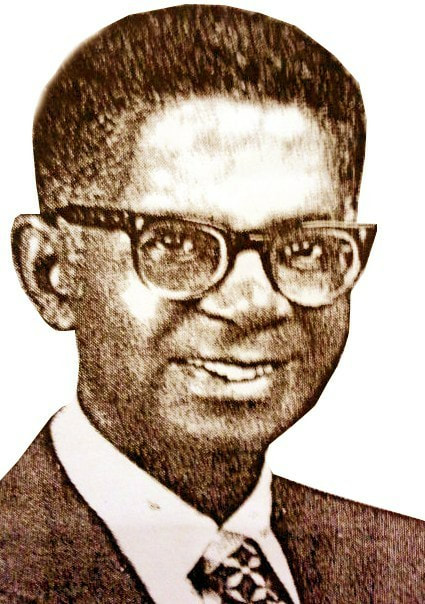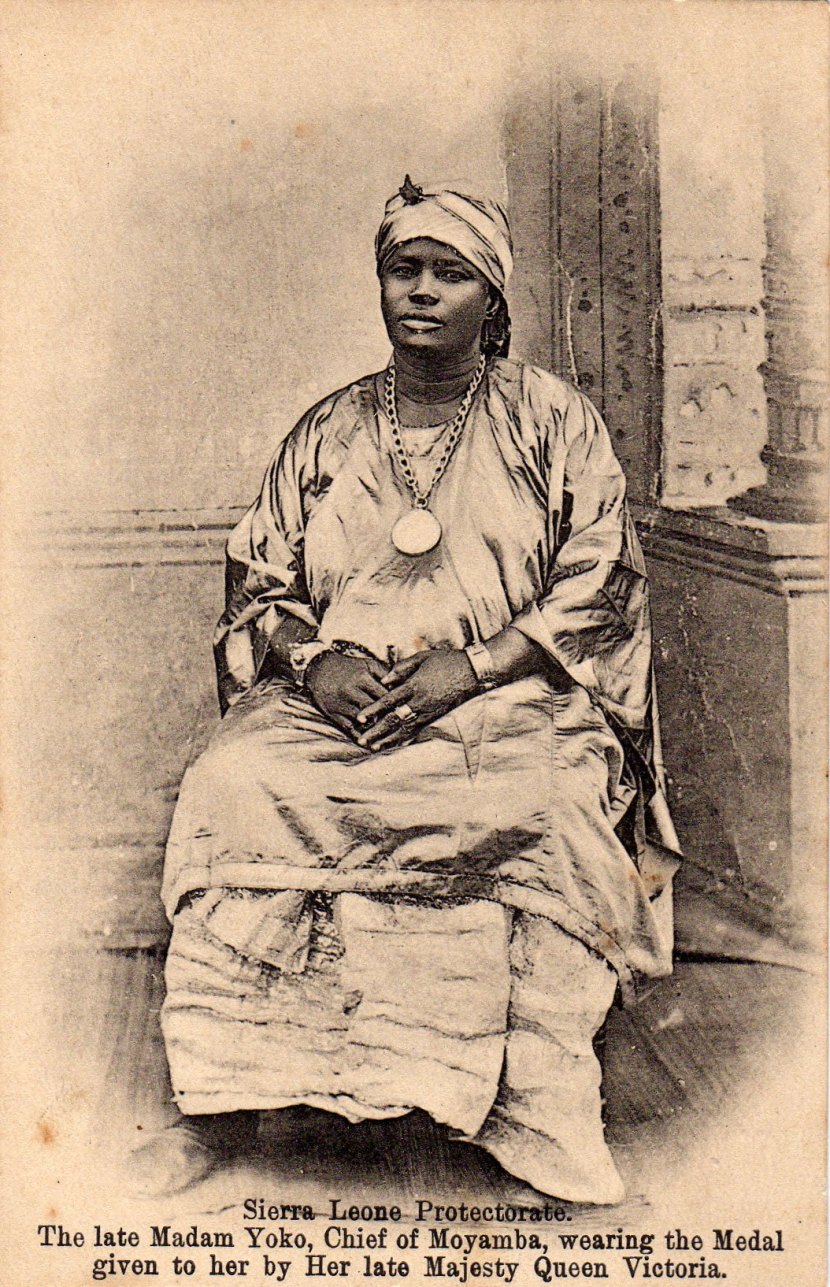|
John Charles Mickle Jr. was born in Birmingham, Alabama in 1914 to parents John Charles Mickle Sr. and Ethelyn Simmons Mickle. Mr. John Mickle Sr. was a high school principle and Mrs. Ethelyn was an elementary school teacher so education was highly important within the Mickle household. Rev. Mickle graduated from Industrial Parker High School in Birmingham, Alabama before traveling to Normal, Alabama to attend Alabama A&M University where he would earn a junior college diploma. Next he would attend Talladega College in Talladega, Alabama where he would earn a bachelor’s degree in 1936. The Reverend’s academic career was far from over, after earning his bachelor’s degree he pursued his graduate studies at Howard University’s Graduate School of Divinity. In 1939 he earned his Master of Divinity from the Chicago Theological Seminary. Rev Mickle was able to attend the Howard School of Divinity with the help of a scholarship provided by Mr. Benjamin Mays; at the time Mr. Mays was the Dean of Religion. Following his calling, Rev. Mickle a newly graduated seminary student moved to Cleveland, Ohio to became the new Pastor of Mt. Zion Congregational United Church of Christ. Rev Mickle would succeed Rev. Grant Reynolds and helped the membership of the church increase, payed off the church’s mortgage and improved church programs. Rev. Mickle would be the Pastor of Mt. Zion until he moved to Memphis, Tennessee in 1946. Black citizens of Memphis remember Rev. Mickle for his active involvement within the civil rights movement. He was ever encouraging, helped to prepare the protester before they held sit-ins, and often bailed fellow protesters out of jail who were arrested for during the sit-ins. Between 1953 and 1969 Rev. Mickle was the Director of Financial Aid and campus Chaplin at LeMoyne College while living in Memphis, Tennessee. A strong opponent of segregation Rev. Mickle and other Memphis leaders would meet to create a strategy to end the Jim Crow era in Memphis. He along with Attorney AA Latting and college students from LeMoyne would hold bi-monthly meetings to help further their cause. Rev. Mickle would die in 1996; a nurse from the Memphis hospital called his wife and told her that her husband died. What we have before us is a brief story about a man who made a significant impact on the civil rights movement but is one of our unknown heroes. Rev. Mickle would serve his community all throughout the United States. He was born in the South but made his mark in the North East, the West Coast as well as the South. He built a friendship with Dr. Martin Luther King Jr. and earned a place in the hearts of everyone he was able to fellowship with. Rev. John Charles Mickle Jr., we proudly stand on your shoulders. J.A. Ward. References:
http://1960smemphiscivilrightsleaderrevmickle.com/index.htm http://www.mtzioncleveland.com/an-historic-church http://www.lulu.com/shop/elva-mickle/1960s-memphis-civil-rights-leader-rev-john-c-mickle-biography/paperback/product-22977131.html
0 Comments
1849 was the birth year of a great leader who would help to change the future for her people in Seirra Leone. Madame Yoko’s birth name was Soma and she was a member of the Mendeland Gbo Chiefdom of Sierra Leone. Soma would officially change her name to Yoko during her Sande or initiation ceremony within her culture; she would also become known as a one of the most graceful dancers amongst her people. Madame Yoko would marry a man named Gongoima but would eventually leave the marriage. She would next marry Gbenjei Chief of Taiama; despite Madame Yoko not barring any children for Chief Gbenjei she was named his great wife and this title gave Madame Yoko Economic power. Sadly Gbenjei would die and Madame Yoko would take a third husband Gbanya Lango a powerful Chief of Mendeland. In 1875 Gbanya was incarcerated by British Colonial officials, Madame Yoko immediately appealed to Governor Rowe for the release of her husband. Governor Rowe was impressed with Yoko’s appeal and ruled to have Gbanya flogged then released. Because of Madame Yoko’s noble actions Gbanya made her his head wife and begin involving her within the local governmental issues. Madame Yoko managed to gain economic power, political power and become a great influence upon the Mende society. She would become the leader of the women’s secret society, as the leader she made political alliances by marrying the younger women of the society into the families of the Aristocrats and persons of influence. In 1878 Chief Gbanya died and Madame Yoko would become the Chief of Mendeland. Using all of the political power she collected she was able to negotiate with the British to help protect and defeat her rival Kamanda. With the death of Kamanda Madame Yoko officially became Queen of Senegun. One of her first acts was to expand her territories as well as helped to suppress the Hut Tax Insurrection of 1898. The Hut Tax Insurrection was the fellow Chiefs of Mendeland opposing the taxes imposed on them by the British. Madame Yoko used the British government to help gain her position of power while suppressing the influence of Western missionaries and Christianity. She was able to remain in power until her death in 1906; many sources state that Yoko committed suicide to escape the reality of old age. This is a story of a woman who used her political intelligence to secure her lands and defeat her enemies. She became the ruler of her lands and helped to change the history of Sierra Leone forever. Madame Yoko, we proudly stand on your shoulders. J.A. Ward.
References: https://books.google.com/books?id=i8OHDAAAQBAJ&pg=PA637&lpg=PA637&dq=madam+yoko+biography&source=bl&ots=adpstWmULh&sig=J_EArdFyVYYET7G91z5JWnLlU2g&hl=en&sa=X&ved=0ahUKEwiPpKOuhuHQAhXphlQKHSeSCDsQ6AEIZTAS#v=onepage&q=madam%20yoko%20biography&f=false https://en.wikipedia.org/wiki/Madam_Yoko#cite_note-9 http://www.encyclopedia.com/women/encyclopedias-almanacs-transcripts-and-maps/yoko-c-1849-1906 |
Details
Categories
All
Click Here to join our mailing list
|
Contact Us: |
Connect With Us |
Site powered by PIT Web Design



 RSS Feed
RSS Feed



